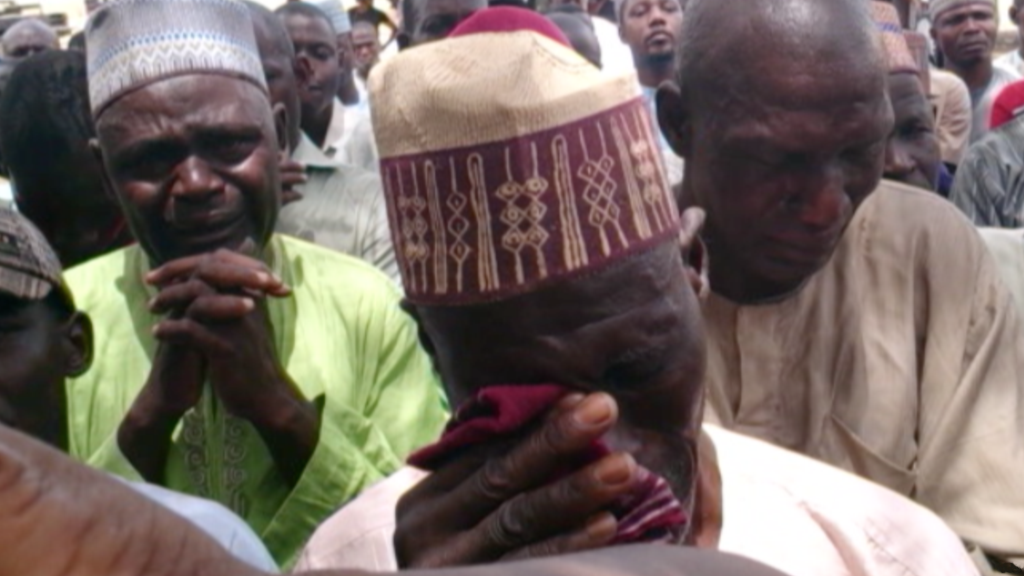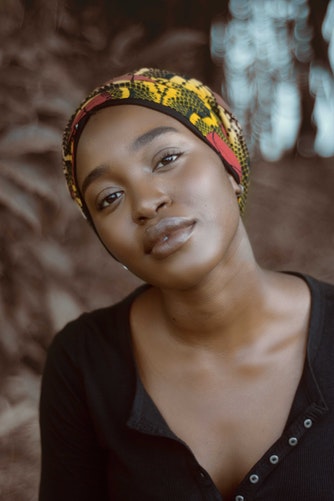Even the most geographically aware wouldn’t have known the name of Chibok, a city in the Borno State Local Government Area of Nigeria. It shot into public attention when a radical Islamist outfit, Boko Haram that is affiliated to Al-Qaida, abducted around 300 Christian school girls.
This incident shocked and world and revealed the growing menace of Islamic extremism in a country that so far, had escaped its vicious grip. But as an avid explorer, I decided to know more about the place and discover it personally. Very often, our views of a place may get disproportionately affected by a negative news story.
As a committed wanderer, I have discovered that judging a place on the basis of a negative incident is unfair.


